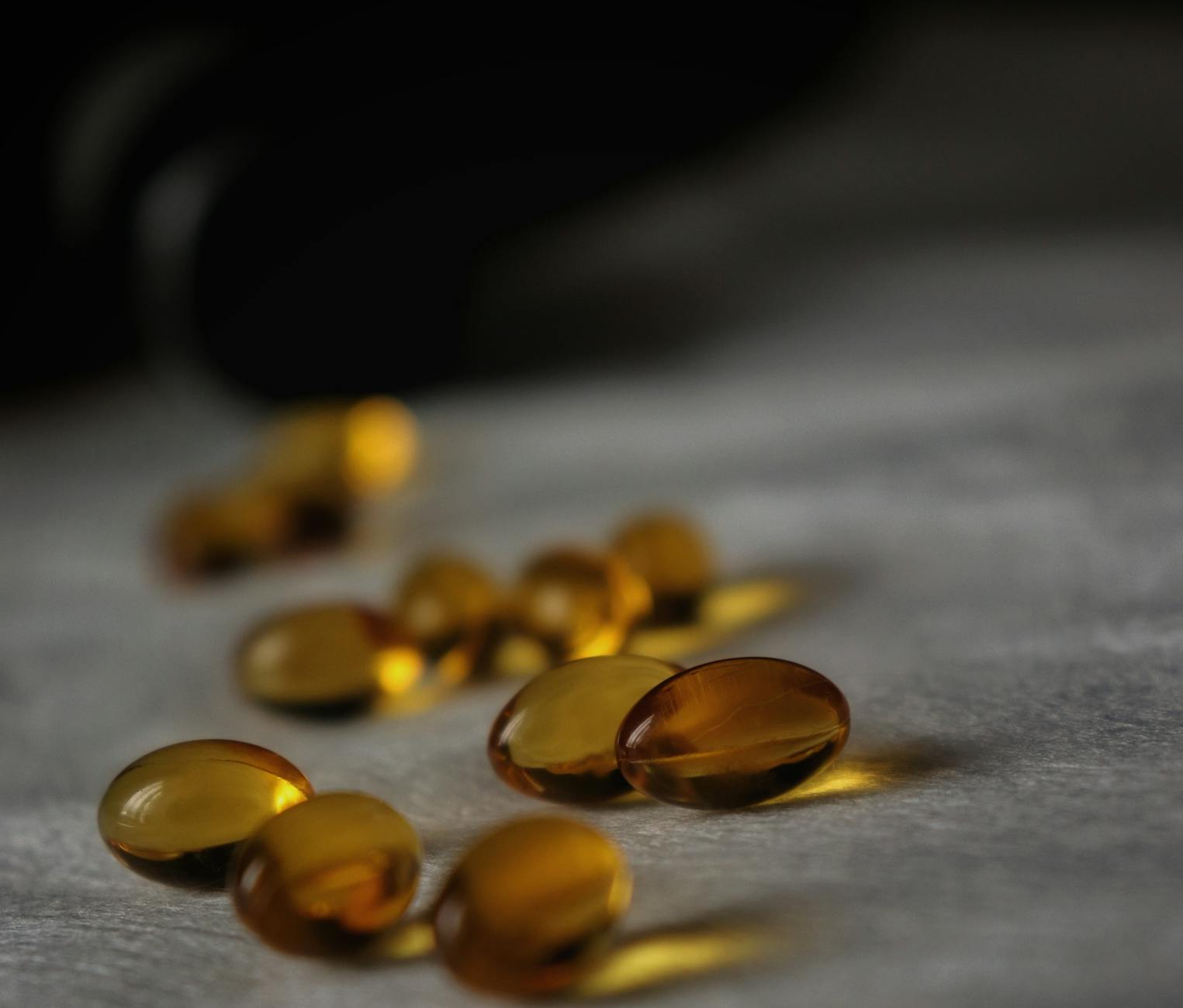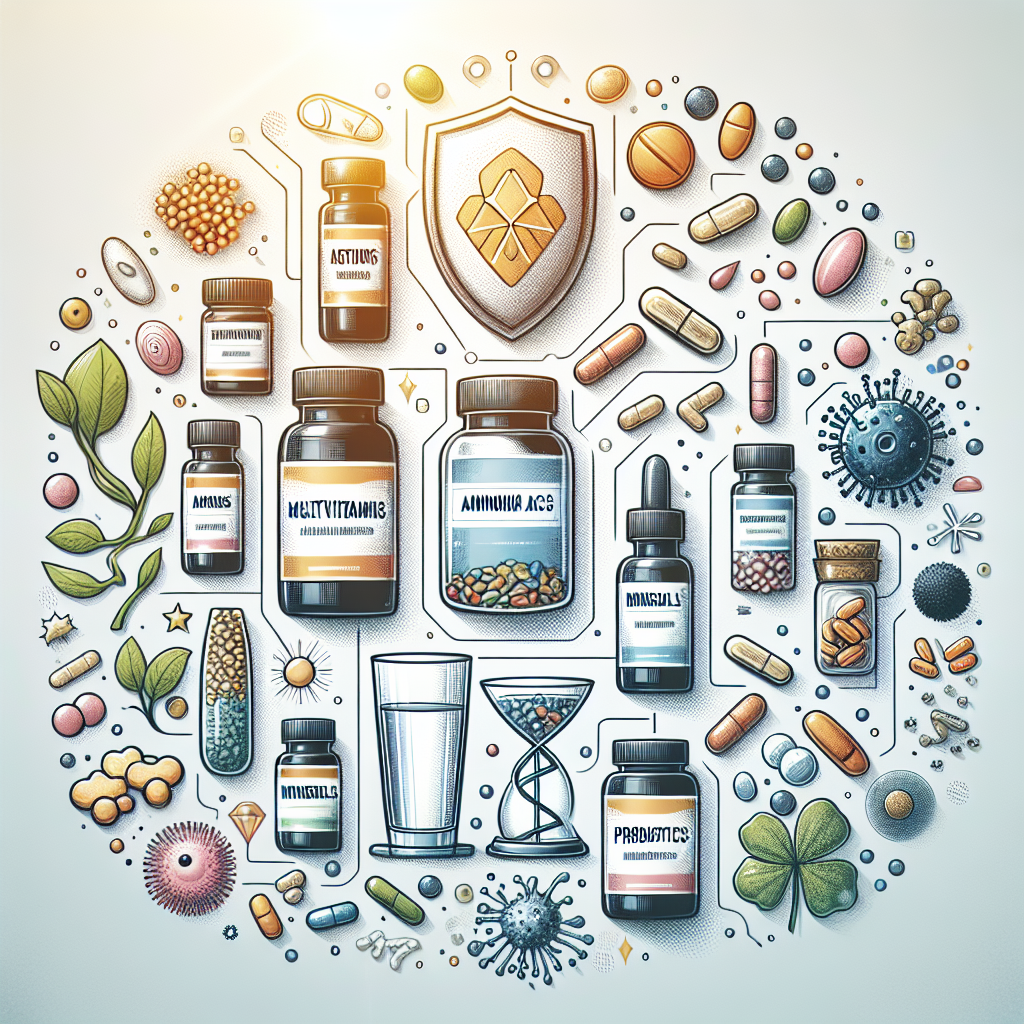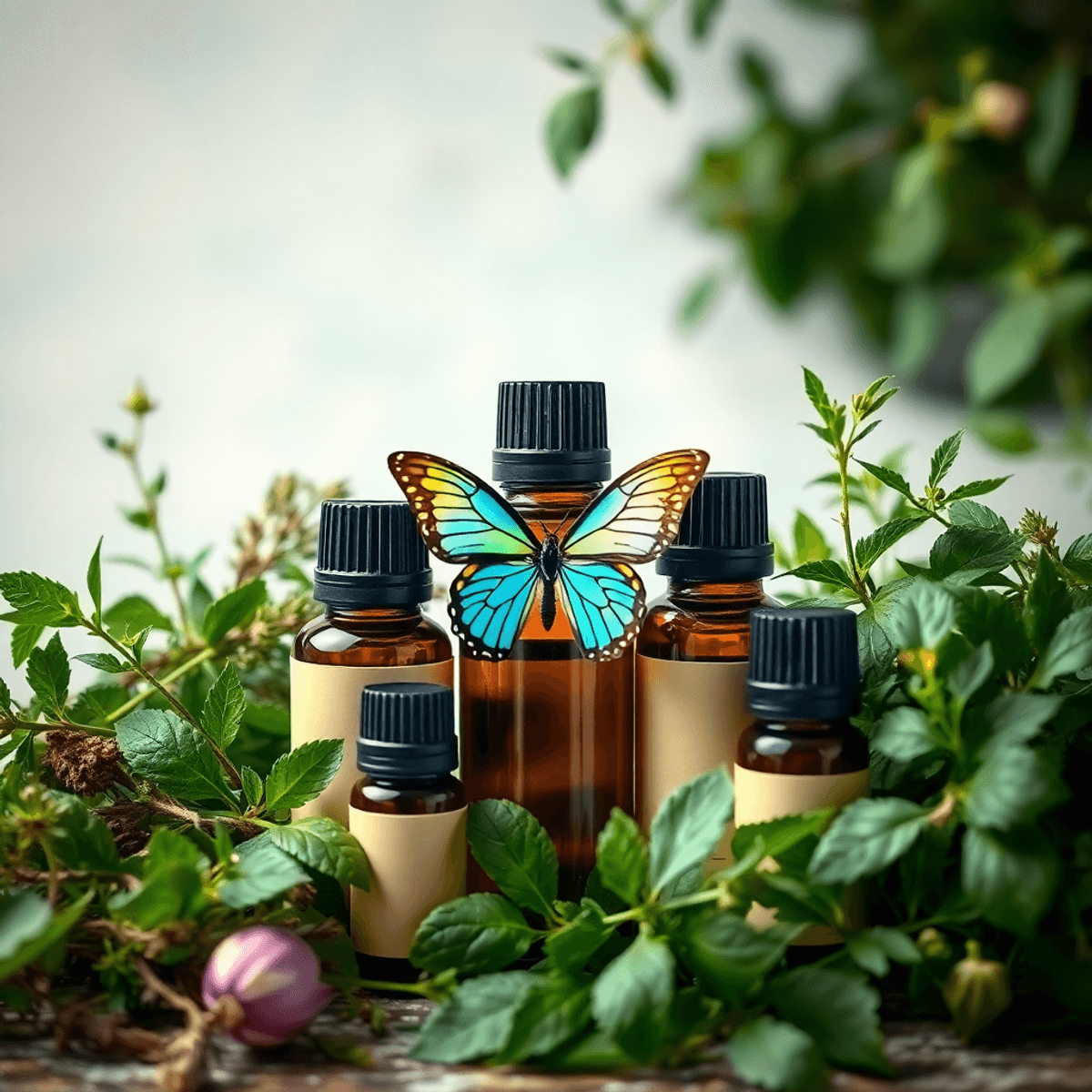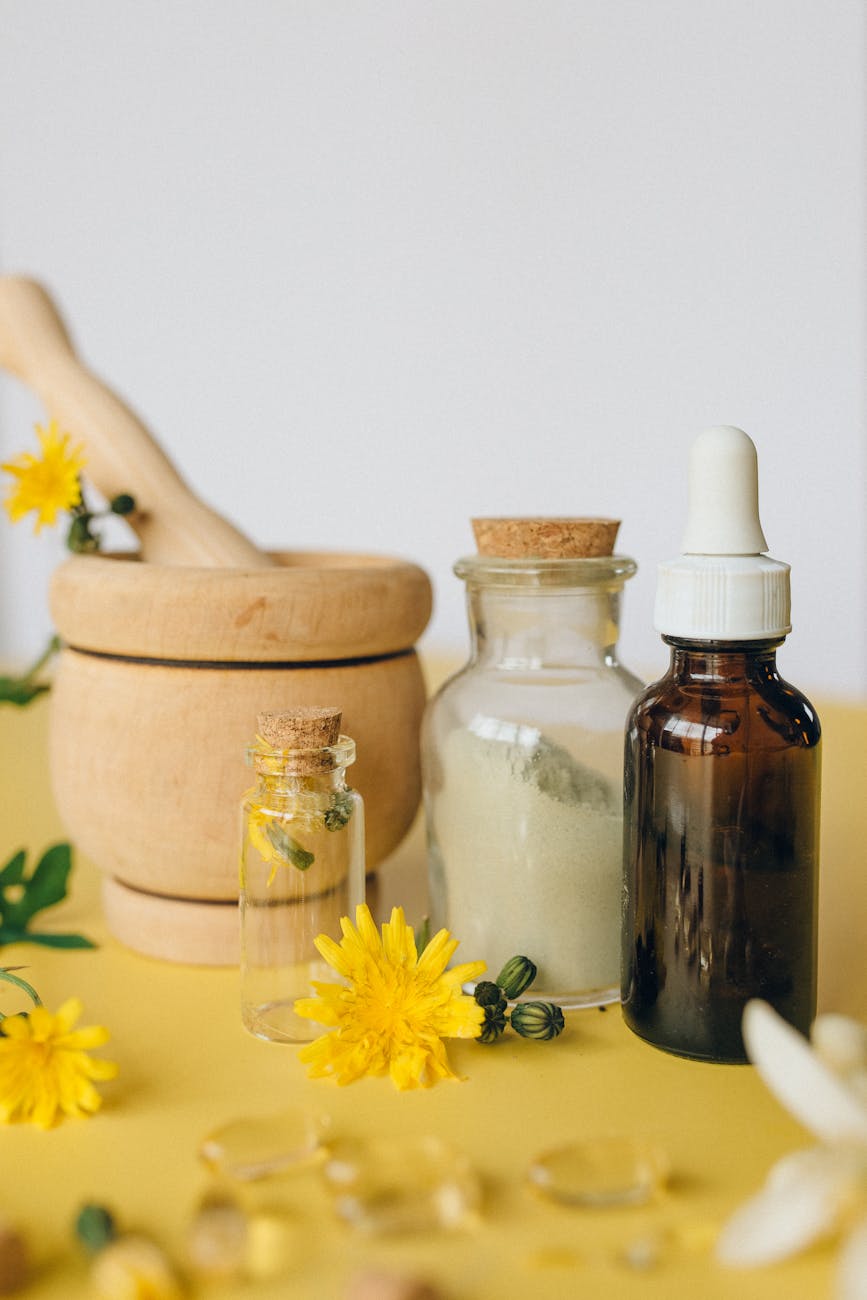Introduction
Hearing loss is becoming increasingly common, affecting millions worldwide. This widespread issue isn’t just an inevitable part of aging; it can often be mitigated or prevented through dietary and lifestyle changes. Certain vitamins and minerals play a crucial role in maintaining healthy ears and preventing hearing loss. By incorporating the right nutrients into your daily routine, you can support your auditory system effectively.
In this article, you’ll discover the best vitamins for ear health, understand how they work to protect your hearing, and learn practical ways to incorporate them into your diet. Enhancing your ear health naturally not only helps in hearing loss prevention but also contributes to overall well-being.
Understanding Ear Health
The human ear is a complex structure made up of three main parts: the outer ear, middle ear, and inner ear. Each part plays an important role in our ability to hear and understand sounds.
The Three Parts of the Ear
- Outer Ear: This includes the auricle (pinna) and the ear canal. Its primary function is to collect sound waves and direct them toward the eardrum.
- Middle Ear: Located between the eardrum and the inner ear, it contains three tiny bones—malleus, incus, and stapes—that amplify sound vibrations. These bones transmit sound from the outer ear to the fluid-filled cochlea in the inner ear.
- Inner Ear: Comprising the cochlea and vestibular system, it is where hearing actually occurs. The cochlea transforms sound vibrations into electrical signals that are interpreted by the brain. The hair cells in the inner ear play a crucial role in this process.
Factors Affecting Ear Health
Several factors can impact the health of your ears:
- Noise Exposure: Prolonged exposure to loud sounds can damage hair cells in the inner ear, leading to noise-induced hearing loss.
- Aging: Age-related changes can affect the structure and function of the inner ear, resulting in presbycusis or gradual hearing loss.
- Infections: Ear infections can cause temporary or permanent damage to structures within the ear, impacting hearing function.
Understanding these components and factors is essential for exploring how certain vitamins can support your auditory system.
Essential Vitamins and Minerals for Ear Health
Maintaining optimal ear health requires a blend of nutrients that work together to protect and support the auditory system. Here, we’ll focus on key vitamins and minerals vital for preserving ear function and potentially preventing hearing loss.
Magnesium: The Protector of Inner Ear Hair Cells
Magnesium benefits are multifaceted when it comes to ear health. This mineral is known to safeguard the delicate hair cells in the inner ear from noise-induced damage, which is a common cause of hearing impairment. By acting as a natural calcium blocker, magnesium helps maintain cellular integrity against loud noises. Additionally, some studies suggest that magnesium may aid in tinnitus relief, offering a reprieve from the persistent ringing many individuals experience.
Potassium: Ensuring Fluid Balance
Potassium balance is crucial for fluid regulation within the cochlea, the spiral-shaped part of the inner ear responsible for converting sound waves into nerve impulses. As we age, maintaining adequate potassium levels can help prevent age-related hearing loss by ensuring that these fluid levels remain stable. Foods like bananas and oranges are excellent sources of potassium, making them beneficial additions to your diet.
Zinc: Immune Support and Hearing Recovery
The role of zinc extends beyond general health; it plays an important part in immune support related to ear health. Zinc is instrumental in T-cell activation, bolstering the body’s defense mechanisms, which can be particularly beneficial during infections or inflammations affecting the ears. Furthermore, zinc has shown promise in aiding sudden hearing loss recovery, with research highlighting its potential effectiveness when administered promptly after an episode.
Folate: Combating Hearing Loss at a Cellular Level
Folate or Vitamin B9 offers protective benefits by assisting in homocysteine metabolism, thereby reducing levels of this amino acid, which is linked to increased risk of hearing loss. Folate also combats free radicals, harmful molecules that can damage cells within the ear. Incorporating folate-rich foods like spinach and legumes into your meals can contribute significantly to slowing down progressive hearing deterioration.
Vitamin D: Reinforcing Middle Ear Strength
A cornerstone nutrient for bone health, vitamin D plays a pivotal role in fortifying the bones of the middle ear. Adequate levels of vitamin D are associated with improved overall auditory function, emphasizing its importance in maintaining middle ear strength. The connection between vitamin D levels and overall ear wellness suggests that supplementation or exposure to sunlight could be beneficial strategies for supporting auditory health.
These essential vitamins and minerals have a significant impact on maintaining vibrant ear health. Each nutrient contributes uniquely to safeguarding our auditory systems, ensuring they function seamlessly amidst life’s myriad sounds.
Other Important Nutrients for Ear Health
Omega-3 fatty acids are essential for maintaining ear health due to their potent anti-inflammatory properties. These fatty acids play a critical role in reducing inflammation, which is vital for preserving the delicate structures within the ear. By promoting healthy blood flow to inner ear cells, omega-3s enhance nutrient delivery and waste removal, supporting optimal auditory function.
Including foods rich in omega-3s, such as fish like salmon and tuna, seeds, and nuts in your diet can be one of the best strategies to naturally support your ear health.
Dietary Sources of Ear Health Nutrients
Nutrition for ears is essential in maintaining auditory health and preventing hearing loss. Incorporating a variety of nutrient-rich foods into your diet can provide the vitamins and minerals necessary for supporting ear health.
Foods Beneficial for Ear Health
Here are some specific foods that can benefit your ear health:
- Leafy Greens: Spinach, kale, and Swiss chard are great sources of folate, magnesium, and potassium. These nutrients help maintain fluid balance in the inner ear and protect against noise-induced damage.
- Fruits: Bananas are rich in potassium, crucial for fluid balance in the ear. Oranges provide vitamin C, known for reducing free radical damage to inner ear cells.
- Nuts and Seeds: Almonds, walnuts, and flaxseeds offer omega-3 fatty acids and zinc. These nutrients reduce inflammation and support immune function related to ear health.
A balanced diet incorporating these foods can play a significant role in preventing hearing loss. Varied food choices ensure a comprehensive intake of vital nutrients that contribute to robust ear health.
Shop Nature Made® Bundles and save 20% by bundling your favorite vitamins and supplements on naturemade..Lifestyle Tips for Maintaining Ear Health
Incorporating a balanced diet for ears into your daily routine promotes optimal auditory health. Aim to include a variety of nutrient-rich foods:
- Leafy Greens: Incorporate spinach and kale into salads or smoothies.
- Fruits: Enjoy bananas and oranges as convenient snacks or breakfast add-ons.
- Nuts and Seeds: Sprinkle almonds or chia seeds over cereals or yogurt.
Variety is key. Experiment with different food combinations to ensure a diverse intake of essential vitamins and minerals. This approach not only supports ear health but also contributes to overall well-being.
Regular Check-ups and Hearing Tests
Regular hearing check-ups are essential for keeping your ears healthy. These assessments help detect early signs of hearing problems, enabling prompt actions to avoid further hearing loss. Early detection methods involve thorough hearing tests that evaluate different aspects of hearing, ensuring any irregularities are quickly dealt with.
In addition to these check-ups, including the best vitamins for ear health, like magnesium and potassium, in your diet can further support your hearing system. Being proactive with regular hearing evaluations is crucial for protecting your hearing health and improving your overall well-being.
Avoiding Loud Noises
Protecting your ears from noise exposure risk factors is crucial to maintaining optimal ear health. Prolonged exposure to loud noises, such as concerts, heavy machinery, or even high-volume headphones, can lead to irreversible damage and hearing loss.
Tips to safeguard your ears:
- Use Ear Protection: Earplugs or noise-canceling headphones can significantly reduce exposure levels.
- Limit Exposure Time: Take breaks from noisy environments whenever possible.
- Volume Control: Keep personal audio devices at safe listening levels.
- Awareness of Surroundings: Be conscious of potentially harmful noise levels in everyday settings.
Adopting these practices helps mitigate noise-induced damage and supports long-term auditory wellness.
Conclusion
Adopting healthy habits plays a crucial role in maintaining ear health and preventing hearing loss. Incorporating the best vitamins for ear health, such as magnesium, potassium, zinc, folate, and vitamin D, into your diet can be a proactive approach to support your auditory system. These nutrients contribute to protecting inner ear hair cells, maintaining fluid balance, boosting immune function, slowing down hearing loss, and strengthening middle ear bones.
A summary of vitamins for ears also includes omega-3 fatty acids and vitamins C and E, which aid in reducing inflammation and free radical damage. To achieve this nutritional balance:
- Integrate leafy greens, fruits, nuts, fish, dairy products, and meats into your meals.
- Embrace variety to ensure you receive all essential nutrients.
Consulting healthcare professionals is equally important. Regular audiological check-ups can detect early signs of hearing impairment and provide guidance tailored to your needs.
Listening to your body’s signals and taking preventive measures can empower you to maintain optimal ear health throughout life. Prioritizing these steps helps you stay alert to potential issues and enjoy the richness of sound for years to come.
References
Seelisch, A. (2023, September 25). Elevate hearing health with nutrients at Hearing Solutions. Hearing Solutions. https://www.hearingsolutions.ca/6-top-vitamins-and-foods-that-support-hearing-health/
Soundly. (n.d.). Audiologist’s top supplements and vitamins for hearing health. https://www.soundly.com/blog/best-supplements-hearing-health
Discover more from NatureZen Market
Subscribe to get the latest posts sent to your email.












Hearing health is super important, and the article really highlights the roles of vitamins like magnesium and potassium. It is interesting how these nutrients work together to protect our ears. Incorporating foods like bananas and leafy greens could be helpful for many.
This article really shows how many vitamins can help your ear health. I didn’t know magnesium was so important for the hair cells in our ears. We should all be eating more potassium rich foods like bananas, I guess.